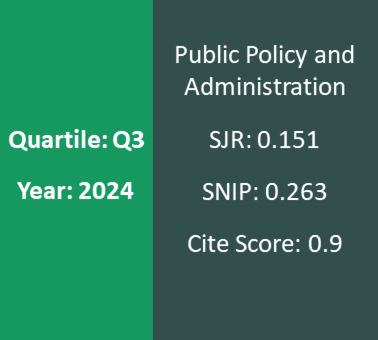Emergency Communication: Theoretic Aspects and Practice in Lithuania
Keywords:
emergency communication, communication triangle, risk perception, warning, emergency situation.Abstract
Although communication plays a very important role in every organizational process, it is focal in emergency
management. The lack of information, its inaccuracy or ill-timing may cause the spread of gossip, confusion or even
panic. In such situations human lives and health can depend on the quality of emergency communication. The article
aims to analyse the main theoretical aspects of emergency communication during the life cycle of emergency and
evaluate how those work in practice in Lithuania. For this purpose the author has analyzed the scholarly works on
emergency communication. Practice in Lithuania was investigated by a survey with a questionnaire for the public.
The main questions needed to be explored were: how individuals perceive different kinds of risk; whether people are
interested in information on emergency management; whether they participate in emergency prevention activities;
what kind of activities would be the most effective to improve in the field of prevention and emergency management;
in what institutions individuals trust and what sources of preventive and operational emergency information are the
most reliable, competent and clear; how the public values the educational performance of emergency management
system in Lithuania.
The paper consists of four sections according to the main problems of emergency communication. In the first
chapter features of emergency communication strategies are assessed. The second chapter is designed to present the
importance of risk perception on the individual level. The third part examines the peculiarities of communication
between the authorities, the public and the media when emergency warning and alarm is needed to be announced.
The last section explains the problems of the flow of information and exchange between communication actors during
emergencies. In all chapters theoretic considerations are presented along with the results of research in Lithuania. The
findings make it possible to evaluate the emergency sub-culture in Lithuania on the individual level and to recommend
the ways to improve emergency communication.





